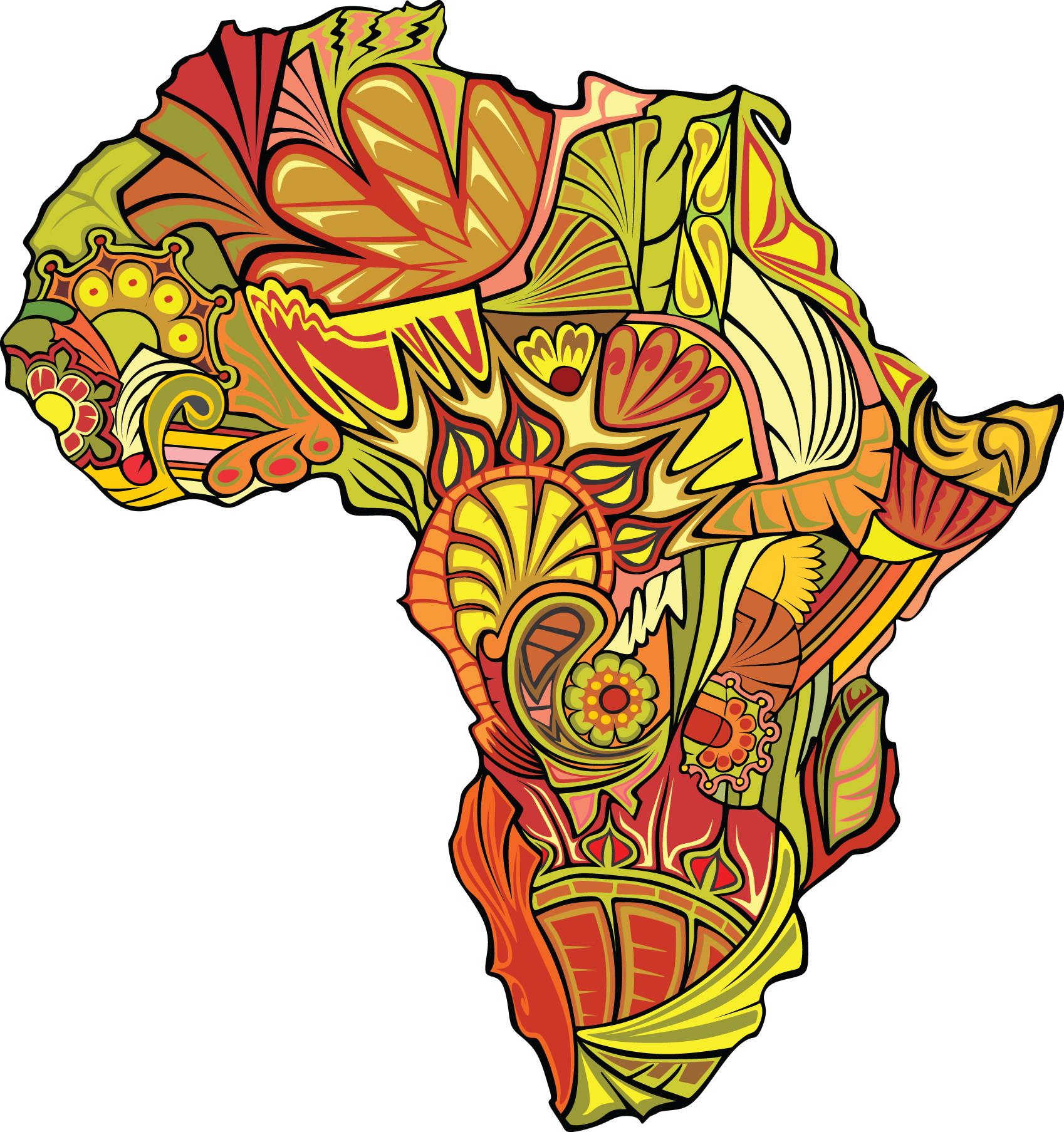Ben Horowitz does not have a hometown advantage with me. But once in a while I will drop by his blog to see what he has been up to recently, like I just did. And I think I just read the most bizarre blog post ever at his blog. What has venture capitalism come to?
There was a phase in my childhood when I used to fantasize about having curly hair. I thought it was just so cool. One of my post Spring Break jokes at college was to rib my white friends, "You getting there! You getting there!" It took me the longest time to see any kind of racial connotation between chicken and watermelons and the black identity. I still don't see the connection. I just so happen to be a huge fan of watermelons. If you grew up in the south of Nepal like I did where summers are hot enough for a siesta culture, you would also take watermelons at face value. They are a treat. They are better than any summer drink I ever had. Talking of siestas, Brad Feld has a most delightful blog post on that.
For the first time I am thinking those who think the VC firm A16Z has raised too much money might be right. They are now investing in bizarre territory. And here's some historical context.
The watermelon is no mango, the king of all fruits, but it sits right up there in the royal court. That has always been my opinion, and I am not changing it. Anything wrong you hear about watermelons has been planted in your brain by the fast buck fast food industry.
Also, how about this for a contemporary context? And to think, I have put out as many blog posts about The Tramp, as I have about Hillary!


























































